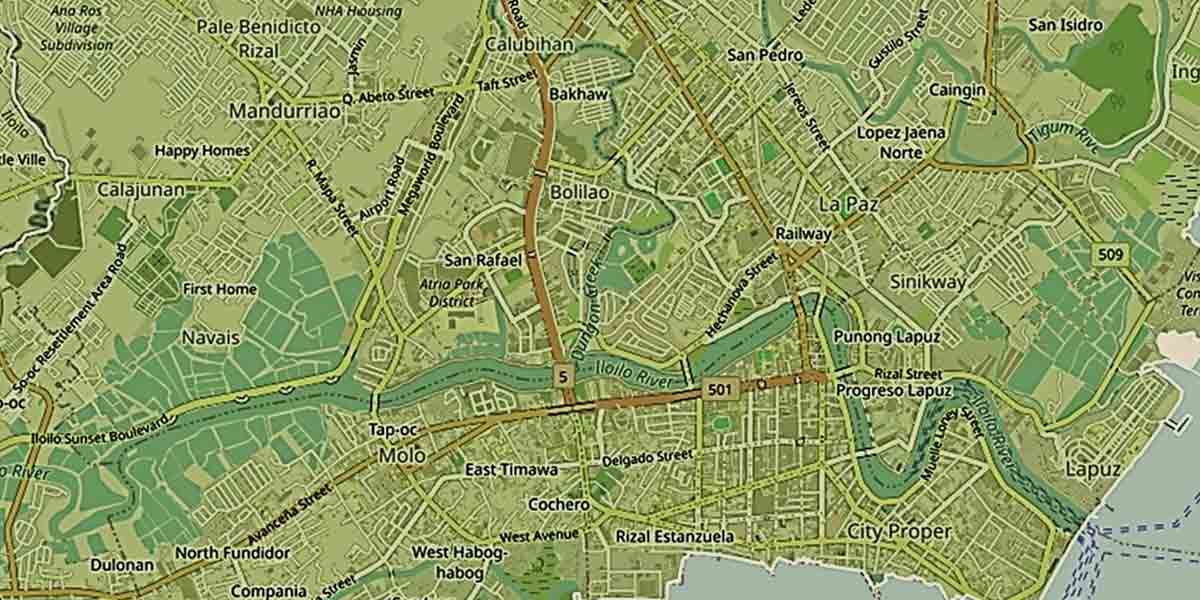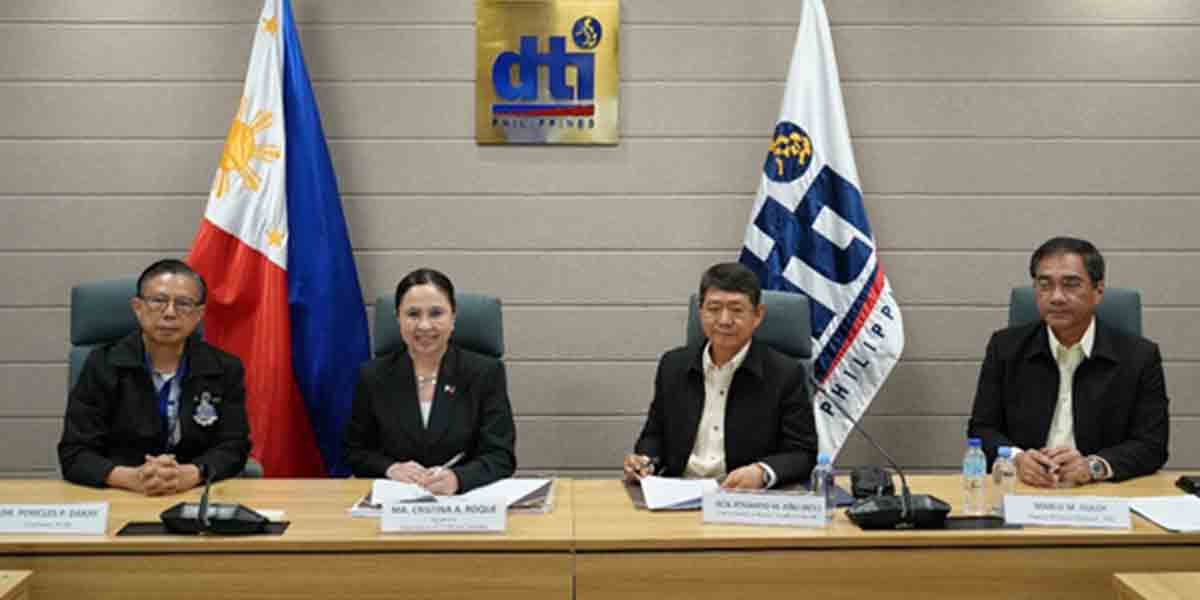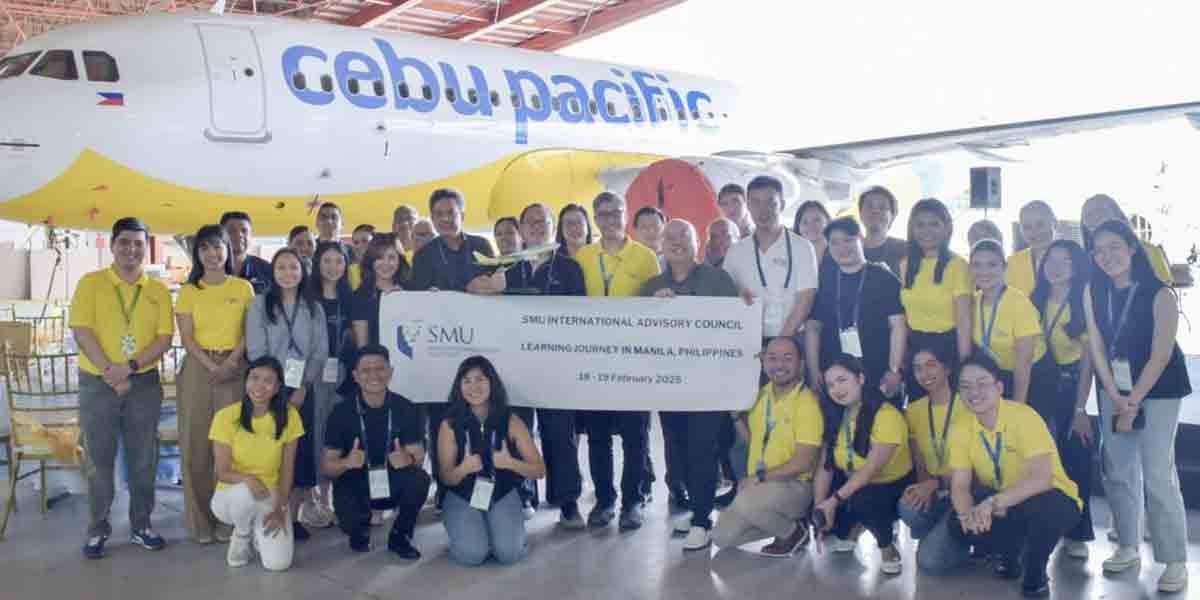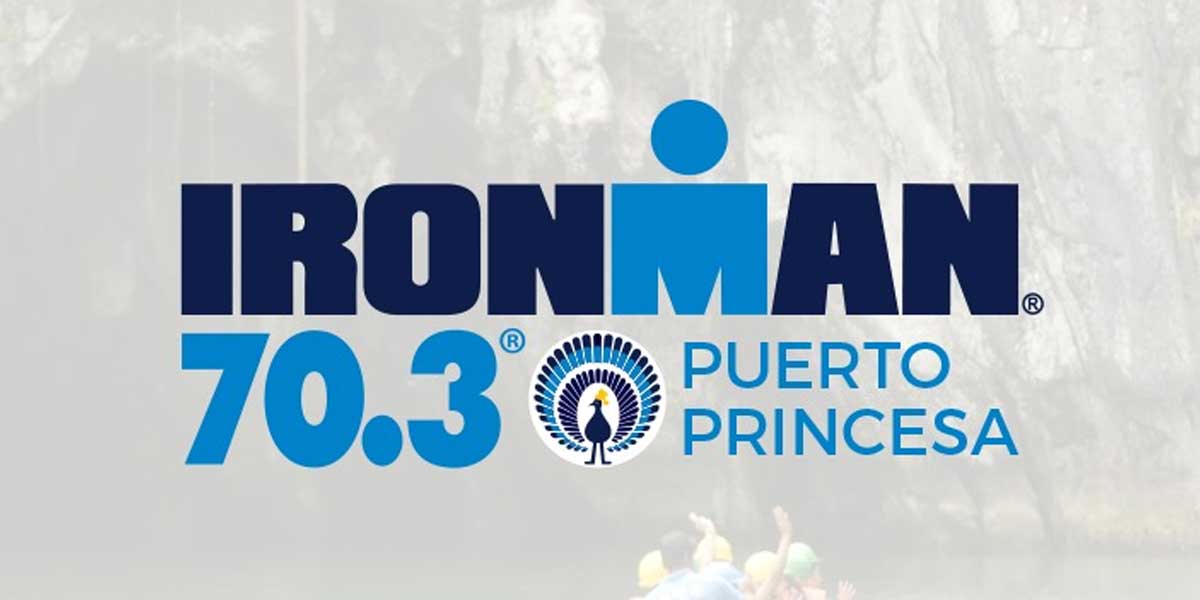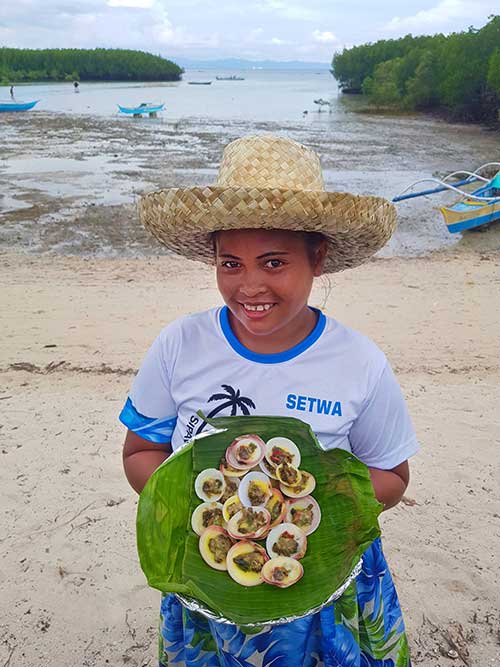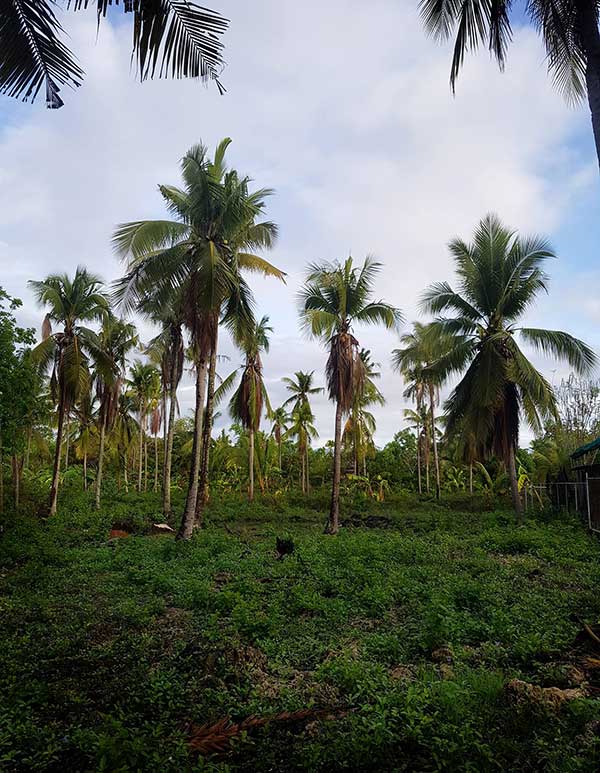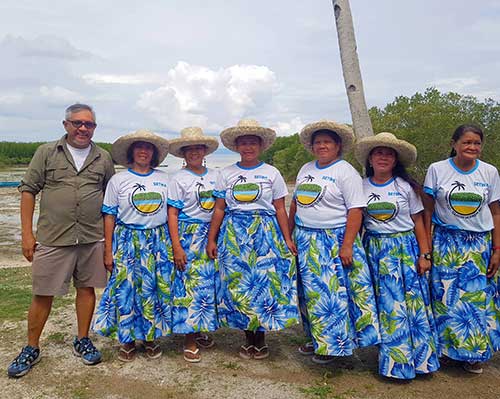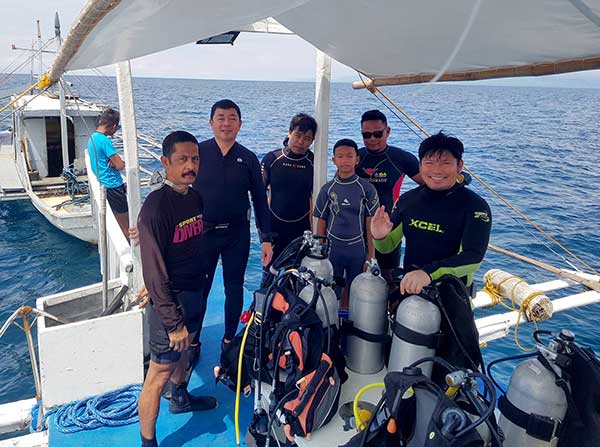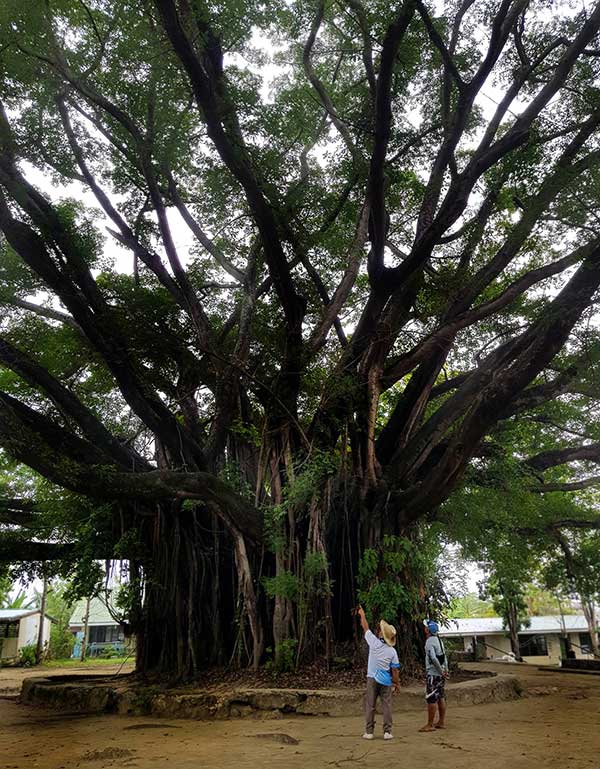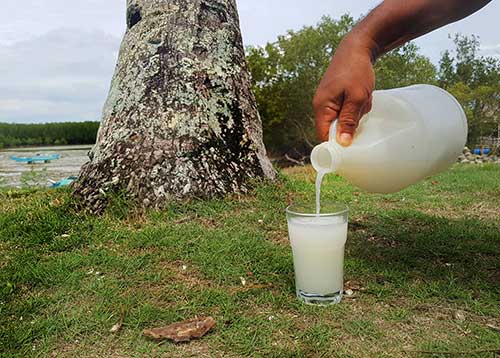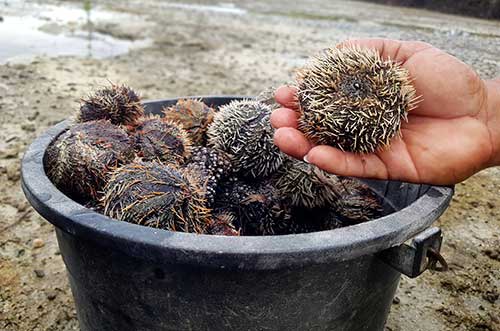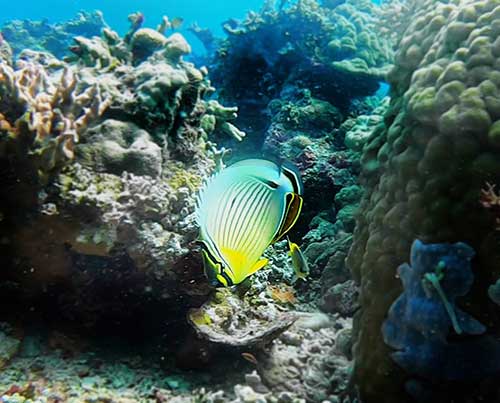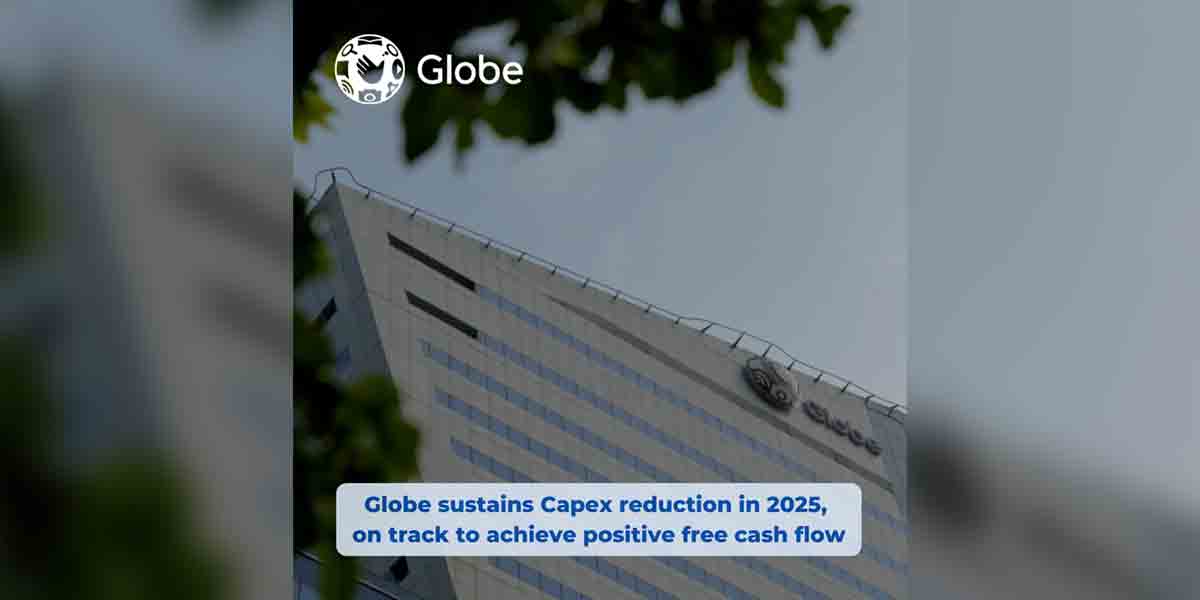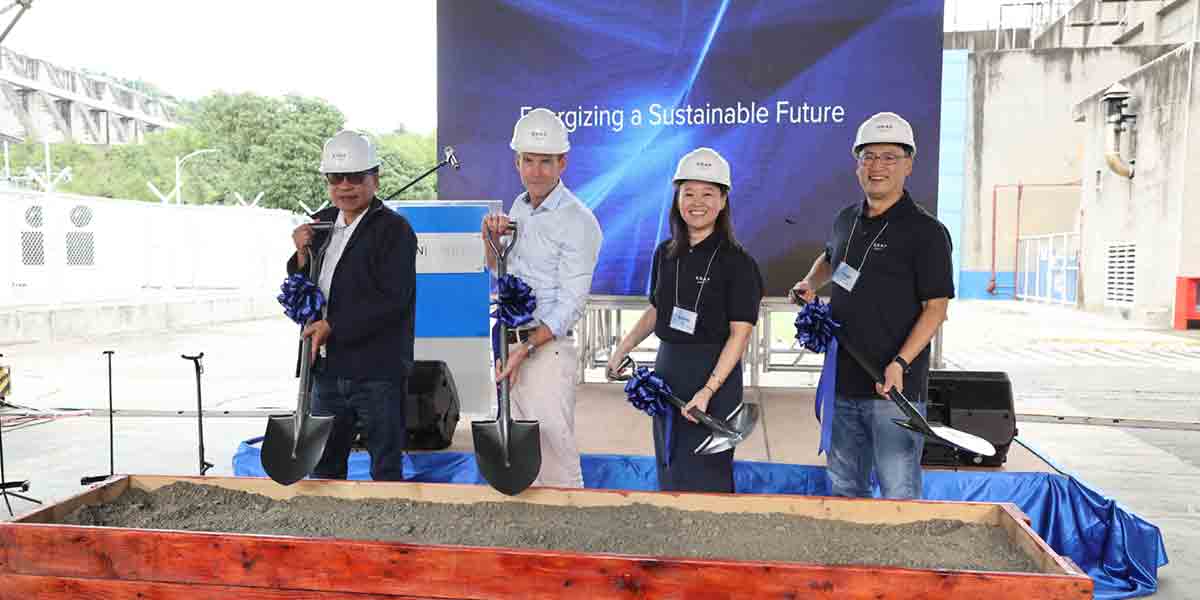By Gregg Yan
Not counting Juan Ponce Enrile, the average life expectancy of a Filipino is 71 years. So how did a handful of people reach the ripe old age of 100 in Sipaway Island? What makes people there live a third longer than the rest of us?
The idea of a ‘Blue Zone’ is relatively new, coined by National Geographic Explorer Dan Buettner after realizing that people who live in certain places live longer than most.
Known Blue Zones are Okinawa in Japan, Sardinia in Italy and Ikaria in Greece, where I always dreamed of taking our ailing mother, the late Patricia Hermoso Yan.
Sipaway Island lies off the coast of San Carlos in Negros Occidental – a tiny, quiet island rung by mangroves. Its road network remains undeveloped and it has no postcard-perfect beaches. Life is hard: most families dry fish and harvest coconuts for extra coin.
So why do people live so long? “There are several people on this small island who are a century old,” explains Aiza Montenegro of the Sipaway Ecotourism Workers Association (SETWA), a group that organizes immersive tours in Sipaway Island. “Life here is simple.”
Exploring the isle for the launch of the Sipaway Island Community-based Ecotourism Programme, things began to click.
The life so many people consider ‘hard’ might actually be the main driver for longevity. When one must toil ceaselessly to keep a family alive, then one might just become ‘too busy’ to die.
That, plus healthy food (the seafood is great), a moderate amount of alcohol (the home-brewed coconut wine or tuba, is to die – este, to live for), regular exercise (no problem if you’re a fisher, laborer or farmer), relatively low stress and a strong social and spiritual support network (every home here is a home for the aged).
Tourism wise, Sipaway Island is a blast of fresh air. Time slows down. Stress melts off. Enough for you to enjoy quaint villages, quiet mangrove forests, rich coral reefs.
There’s a cool lighthouse up a small hill, an enormous balete tree the size of a small condo, warm conversations all around.
“Community-based ecotourism protects the environment while simultaneously providing people with good lives,” says Boboi Costas, Pinoy ecotourism guru who helped craft Sipaway Island’s tour packages, which feature cultural, culinary and historical elements.
Situated across San Carlos City in Negros Occidental, Sipaway Island is three hours from Bacolod or four hours from Dumaguete. “We are ready to show visitors what makes our quiet island so special,” promises SETWA president Allan Mancao.
Whether you’re searching for the next weekend escapade or dreaming of retiring to a Blue Zone to live the rest of your days in peace, Sipaway Island should be on your bucket list.
(Pinoy Explorer Gregg Yan heads Best Alternatives, which promotes sustainable alternatives and practices across various fields and industries)


